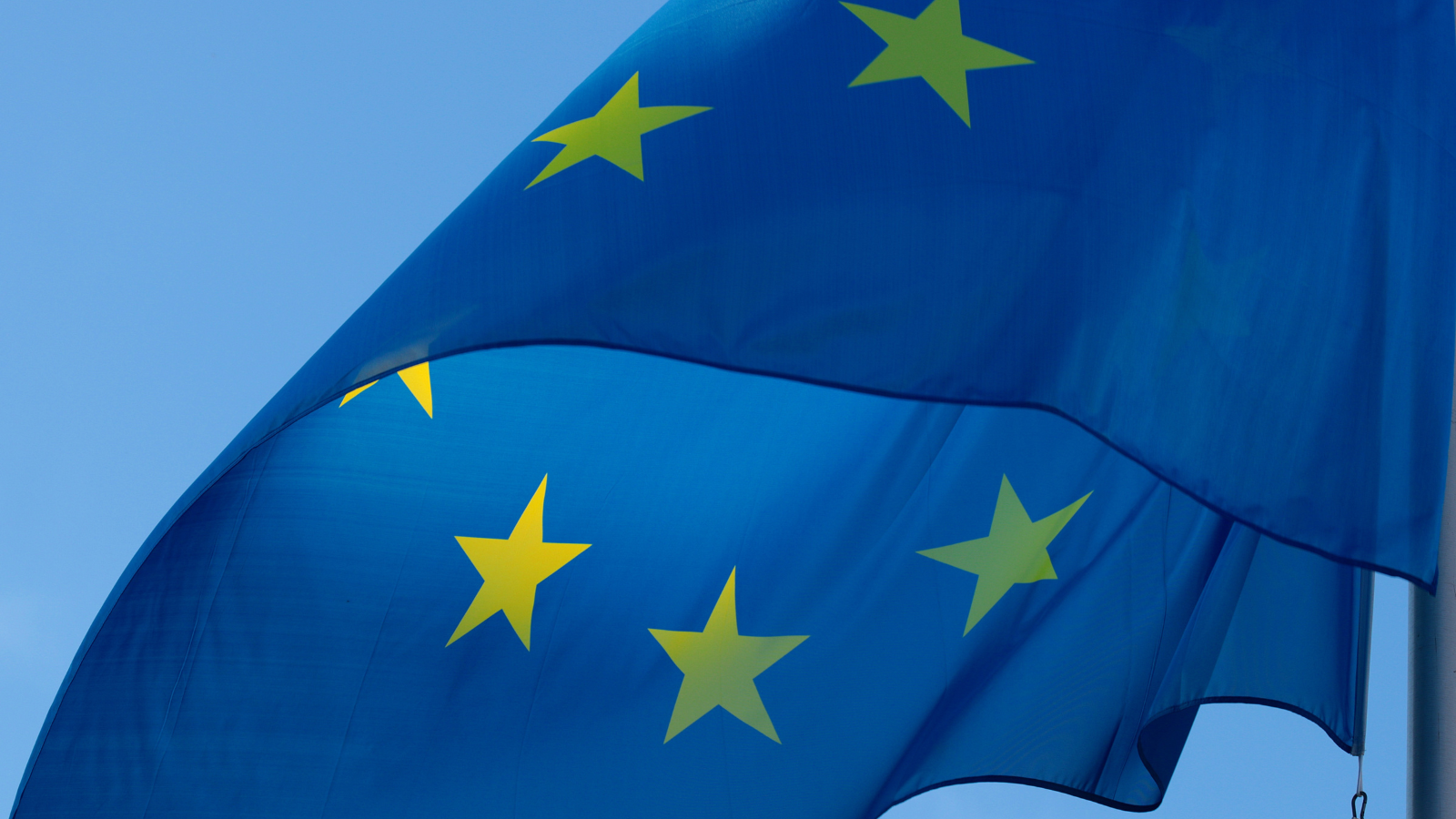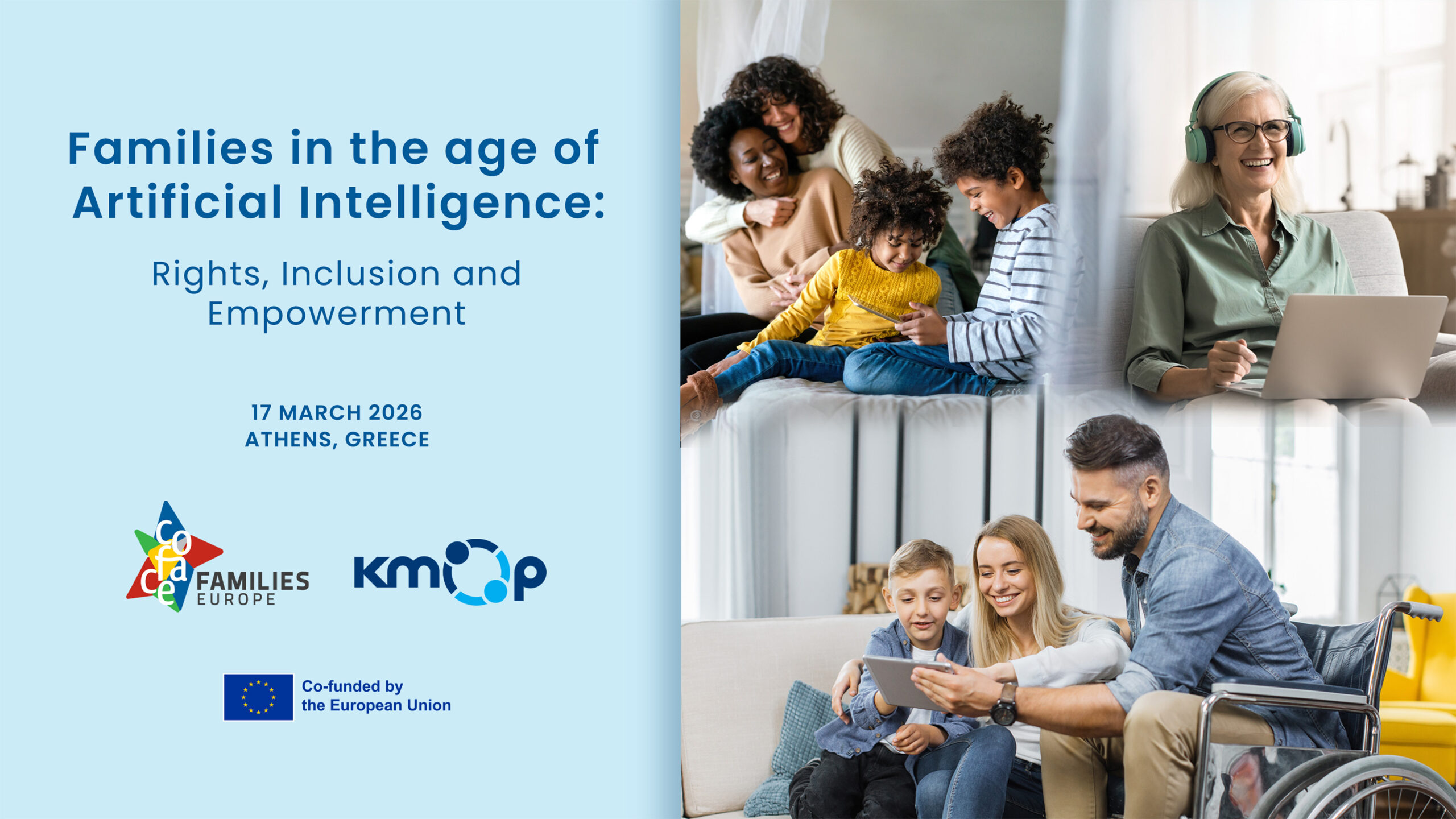COFACE working group on transnational families
15th October 2025, 10:00-12:00 CET – online
This working group meeting aimed to explore the impact of globalisation on family structures, identify the challenges faced by transnational families, discuss relevant EU developments, and promote collaboration among stakeholders to enhance support systems for these families.
Keynote speakers were
- Attila Böhm, COFACE Senior Policy and Advocacy Officer
EU policy update on the recently adopted New Migration Pack - Viorela Ducu Telegdi Csetriu, PHD, Babes-Bolyai University and leader of WG4 of TraFaDy COST Network
Dynamics of families navigating the challenges of globalisation and transnationalism - Sven Iversen, COFACE Vice-President and chair of TraFaDy COST network
Working language: English
Format: Online
__________________________________________________________
Background
COFACE is member of the COST research network on Transnational Family Dynamics in Europe (TraFaDy), which aims to deepen the knowledge of the growing, rapidly changing phenomenon and dynamics of Transnational Families (TNF) by bringing together researchers and stakeholders from different disciplines and countries to address the need for transnational insights and to formulate policy and practice-oriented recommendations with an impact on international, national, sub-local and local practices. For this, the network closely monitors current trends in migration, technology and politics, and engage in an intensive dialogue with policy and practitioners, and, thus, address the need to deepen and broaden scientific and policy understanding of Transnational Families.
Globalisation profoundly reshapes social, economic, and political spheres, fundamentally altering family dynamics and giving rise to transnational families. These families, whose members are dispersed across multiple countries yet maintain a sense of familyhood, arise through various forms of migration, including economic migration (e.g., migrant domestic workers, caregivers, seasonal workers), forced migration (e.g., refugee families, unaccompanied minors), and other separations due to work, education, or lifestyle choices.
Migration is essentially a family matter, with family relationships, responsibilities, and ties playing a crucial role in migration decisions and experiences. Understanding the dynamics of transnational families is essential for social work and social welfare systems to address their complex needs effectively.




